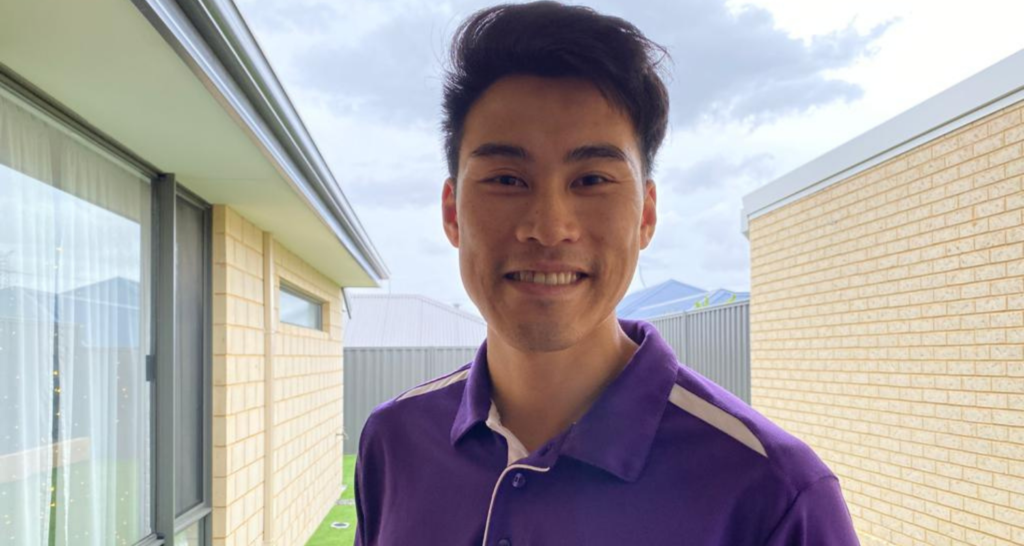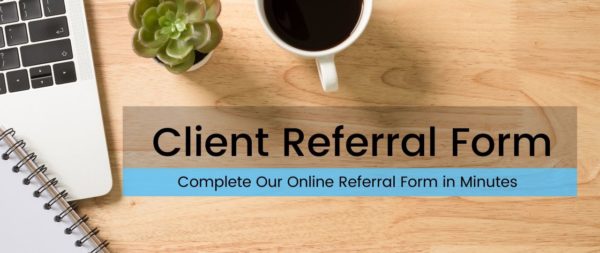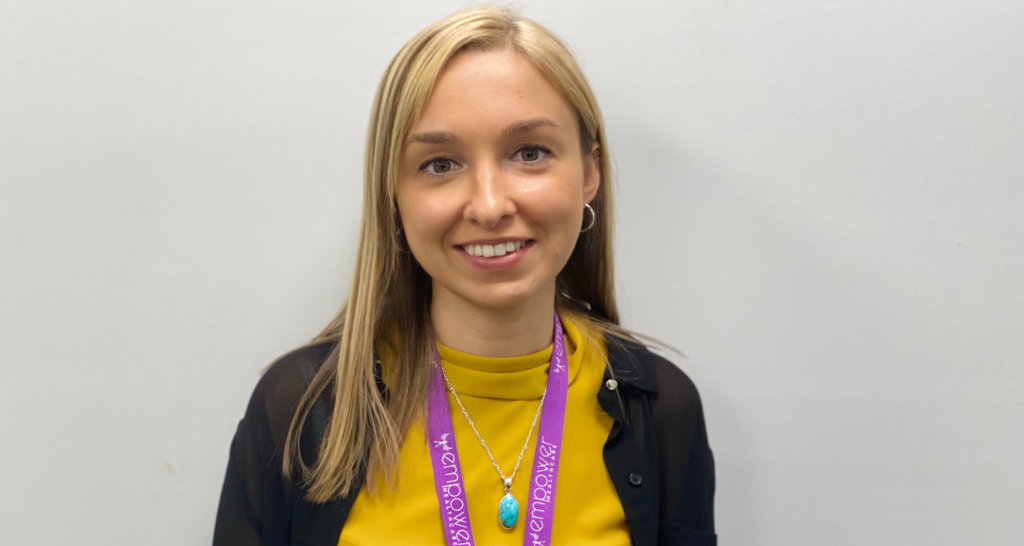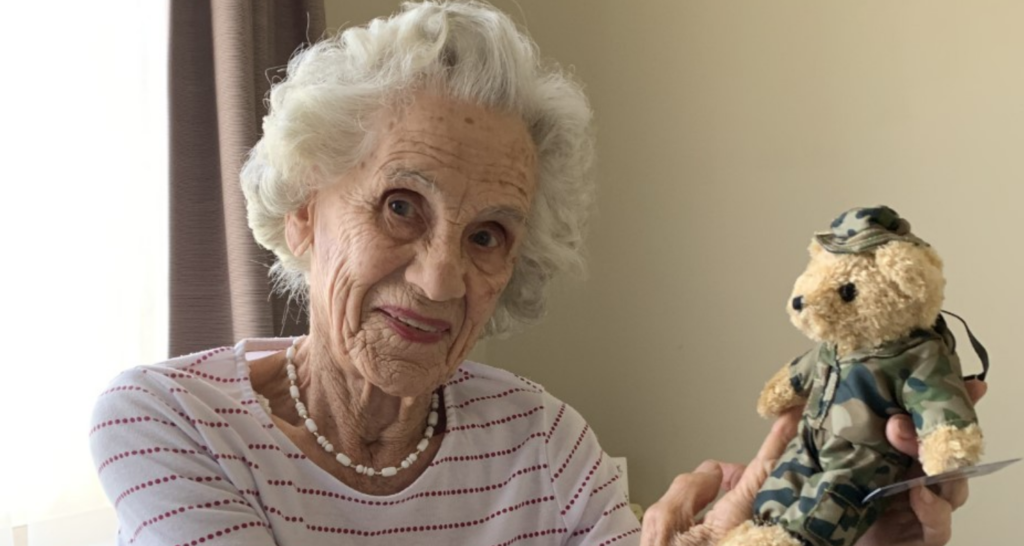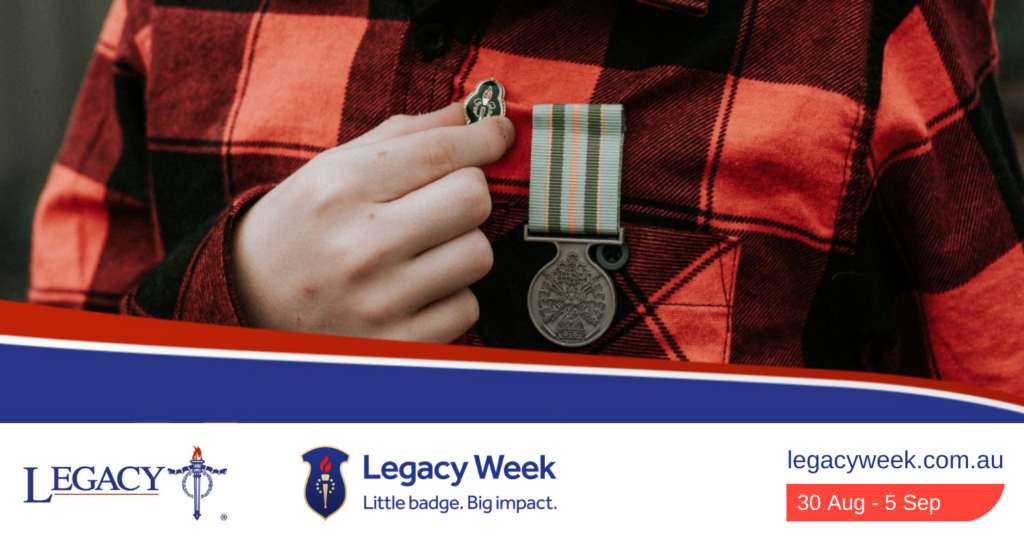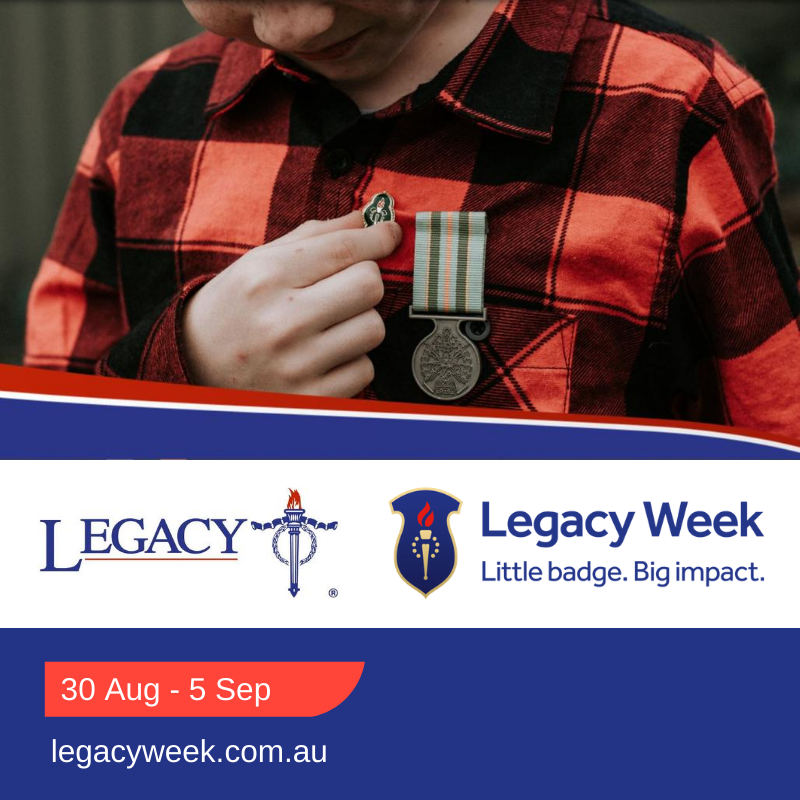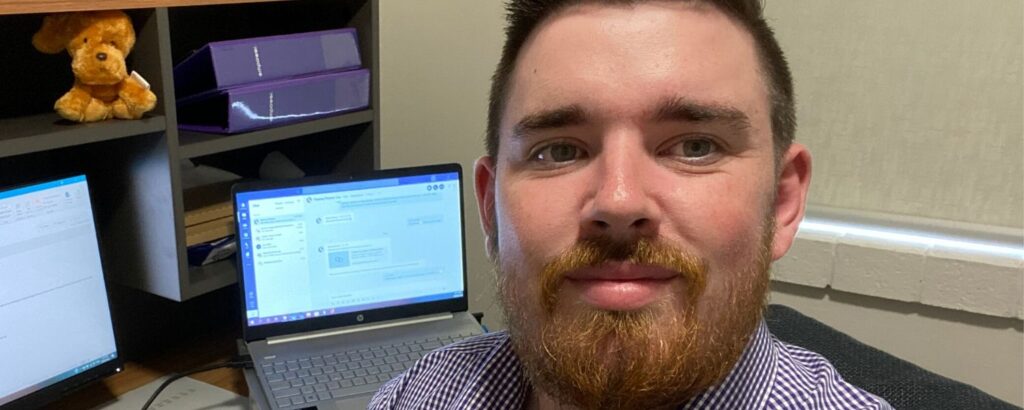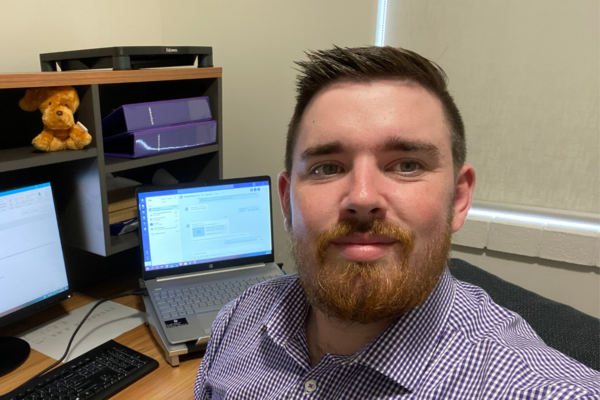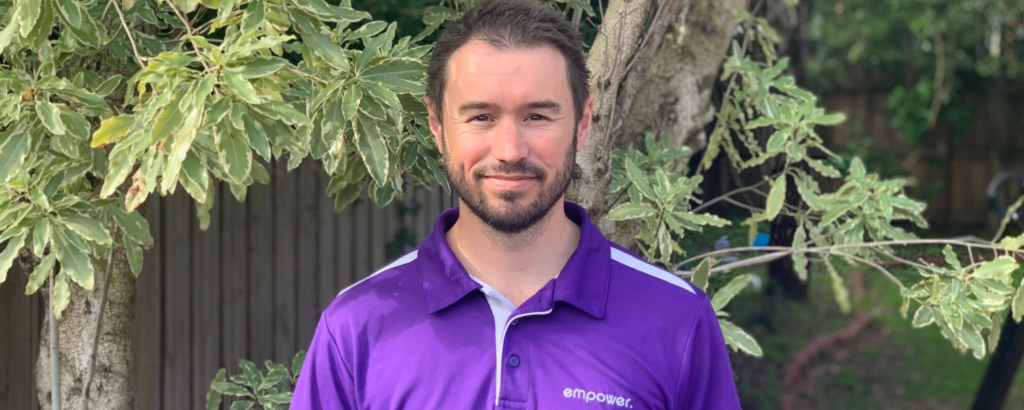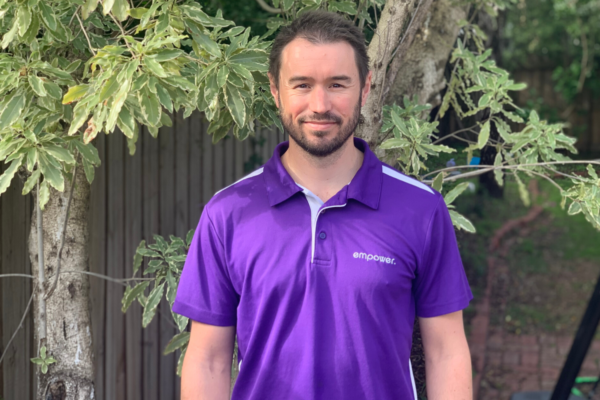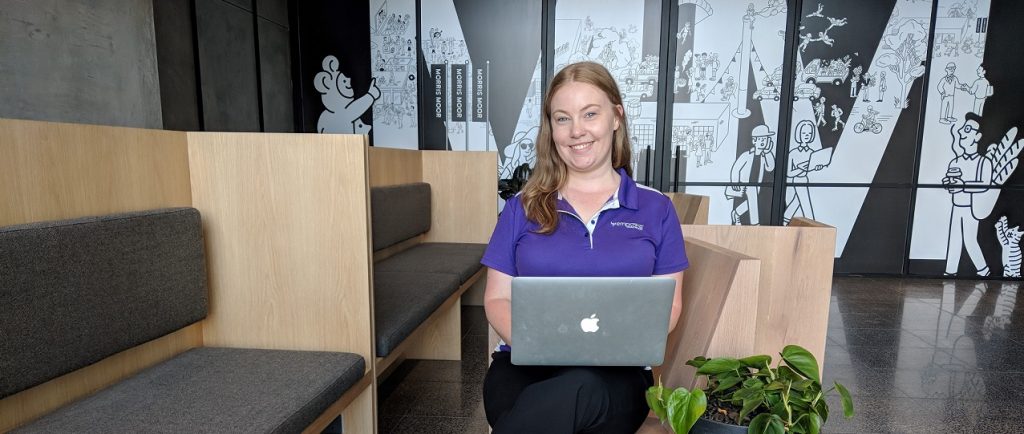We welcome Jeremy Ong to the Empower family. Jeremy is our Physiotherapy Home Care Team Leader in WA and has joined the management team to lead the Physio Team in mobile physiotherapy services.
Tell us a bit about yourself
My passion in physiotherapy stems from seeing the gap between a patient in hospital and returning to normal life at home. I hope on working to help with that transition and with that in mind, have completed extra studies in Chronic pain, Vestibular disorders and Lifestyle Integrated Functional Exercises.
Graduating from Curtin in 2012, I spent my first four years as a Physiotherapist in Victoria working in Aged Care facilities and Rehabilitation Hospitals prior to moving back to Perth. Since returning, I’ve been employed in the community sector as a mobile physiotherapist.
What attracted you to Empower?
It wasn’t the purple uniforms! I felt that Empower Healthcare’s values aligned similarly with my own. Having heard of the proven systems and structures working in Victoria, it was great to see and have that same support implemented in WA. Finally, knowing that the company will only look to grow if they continue to keep their promises made this role very appealing.
In your new position at Empower, what will you be looking to achieve in 2020?
I’m hoping to make an impact and establish Empower Healthcare as the number one choice as allied health home care provider in WA.
What do you love most about your role?
I get great satisfaction in being a part of a client’s journey in working towards and achieving their goals. Even though I have taken on a Team Leader role, I still get to go on the road and treat clients right in the own homes, whether the goal is to walk normally after surgery or to be able to climb stairs for the first time in 10 years.
What has been your most memorable moment?
“Having seen a client for 8-9 months after experiencing set-back after set-back to taking their first unaided steps with her husband looking on with tears of joy.”
What piece of advice would you give your new graduate self?
“If you treat the DISEASE, you win, you lose. You treat the PERSON, I’ll guarantee you, you’ll win, no matter what the outcome” – Hunter Patch Adams
Out of the workplace, what are your interests and hobbies?
I am a father of one very active toddler. My main sport of choice is basketball but up for trying different activities. I also enjoy working in the garden, despite having artificial grass in my backyard.
What’s a fun fact about you many people may not know?
I prefer listening to Podcasts and talk-back radio rather than music while driving.
Our Service Guarantee
“Our promise: We respond faster. Whether it’s our short waiting lists, same day reporting or simple referral process, you can rest assured that your client is in the best hands.”
We have listened to our clients and they don’t have the time to micro-manage their portfolio. They want to partner with someone that is reliable and dependable with transparent pricing structures.
Adam Gilroy Smith, CEO reveals, “Empower has grown by 100% over the past year based on our service model across Home Care, NDIS and Residential Aged Care. By listening to our clients and the challenges they face, we adapt, stay well positioned and respond fast to deliver exceptional care. The launch of our new service model is another example of Empower Healthcare’s ability to be agile in a rapidly changing environment.”
How To Get Clients Started With Our Services
Simply click on the image below for our referral form.
…

